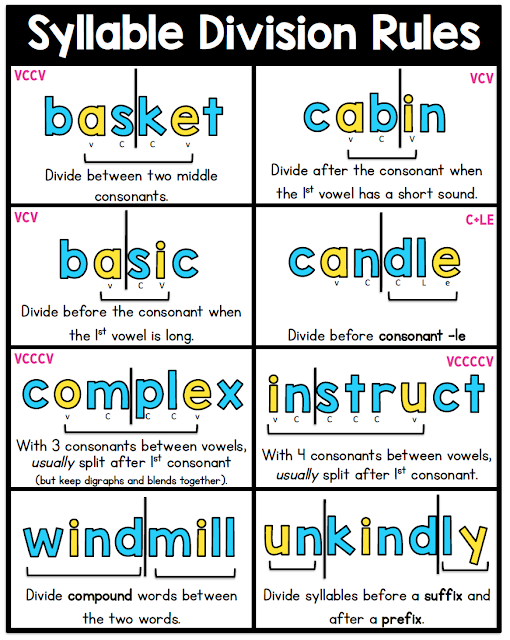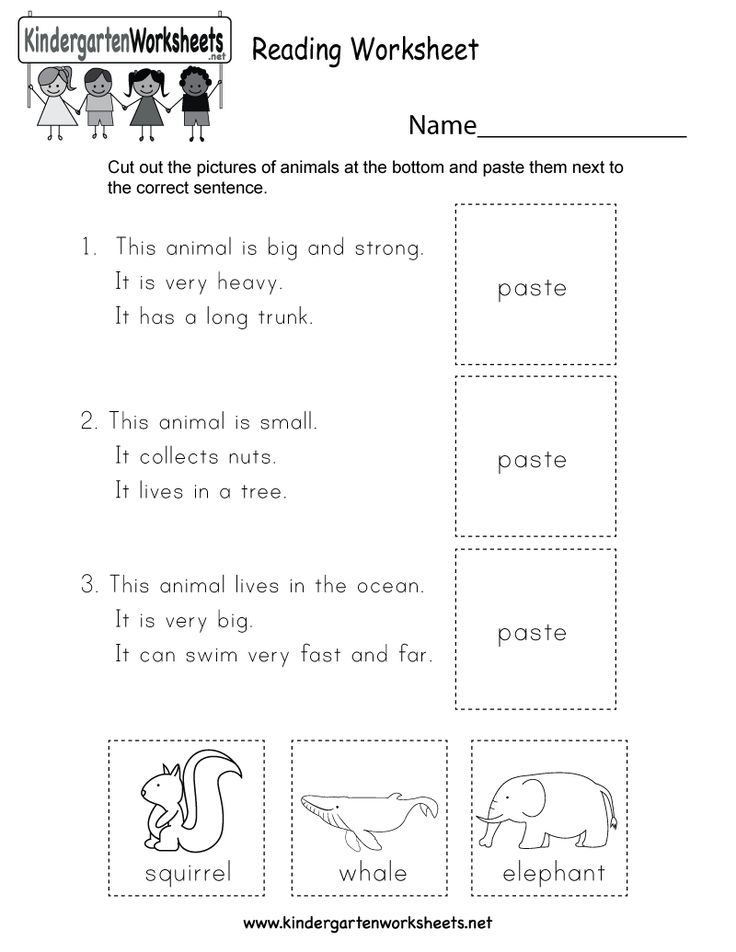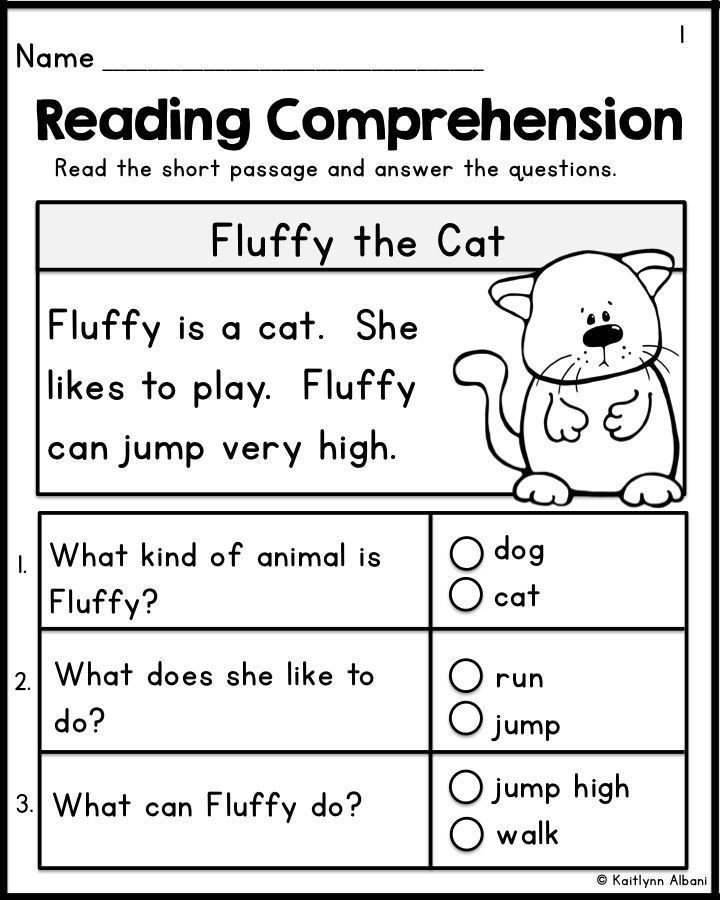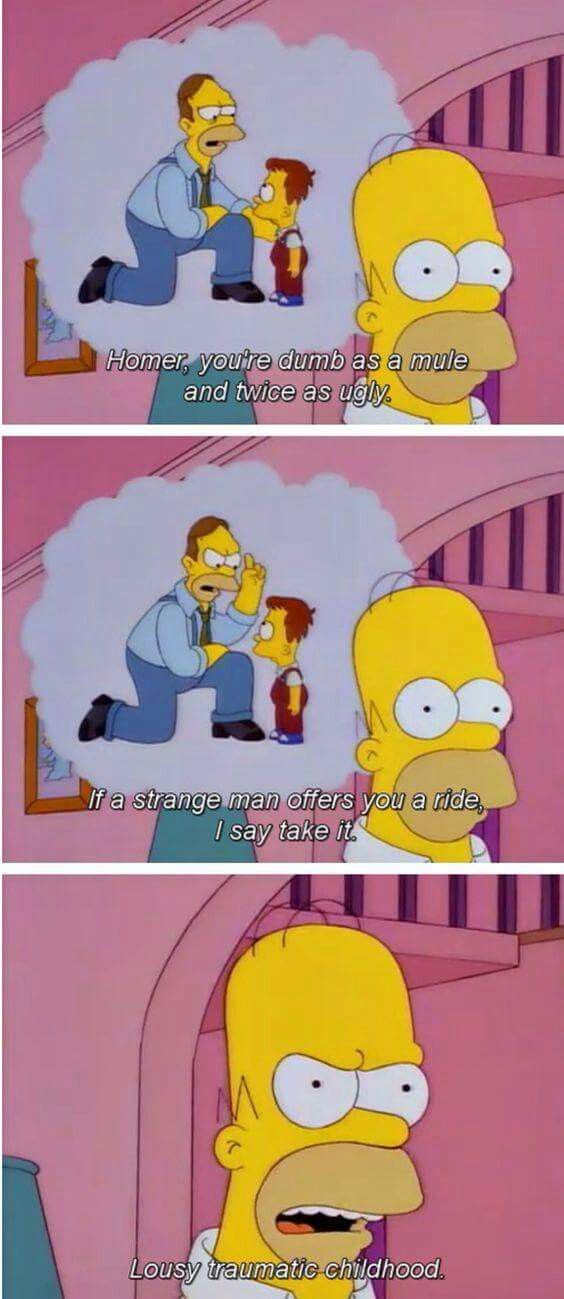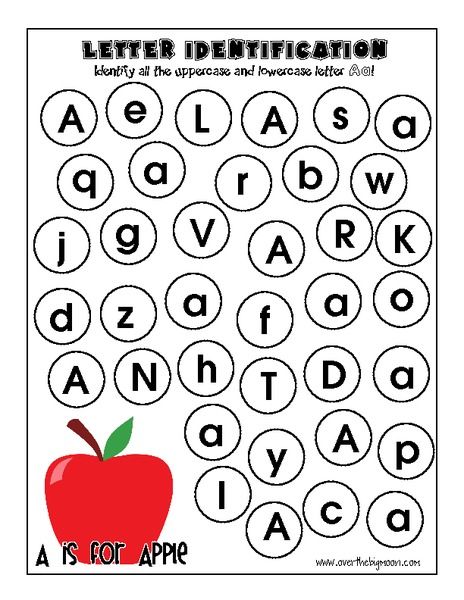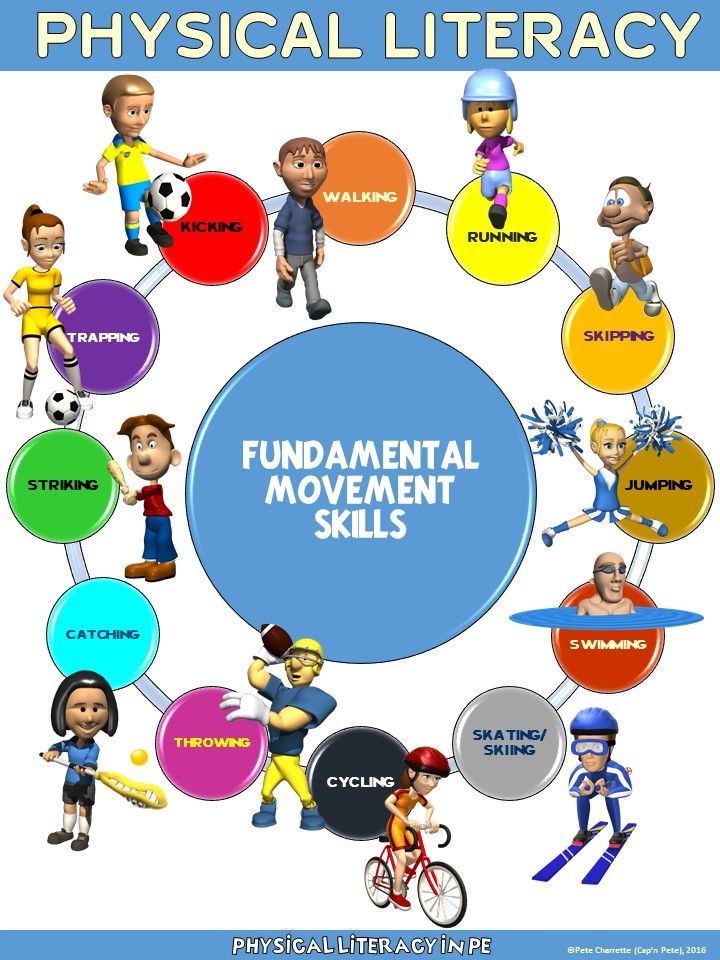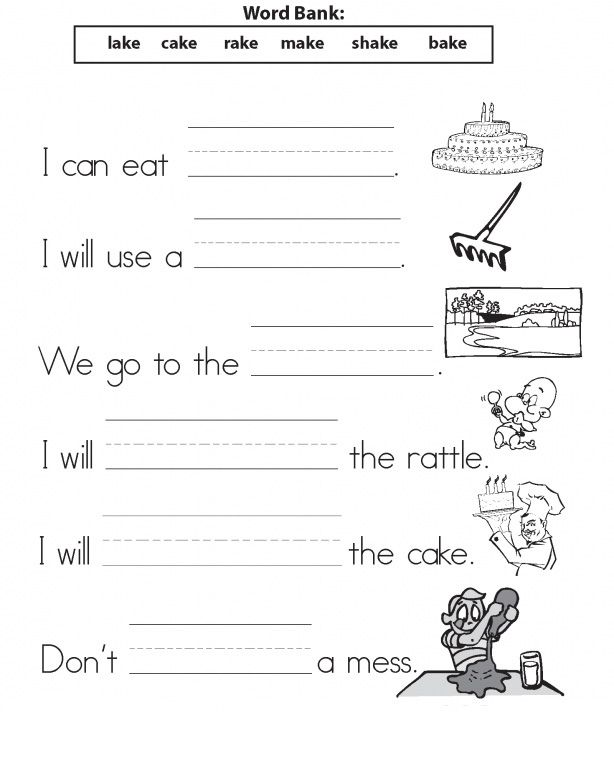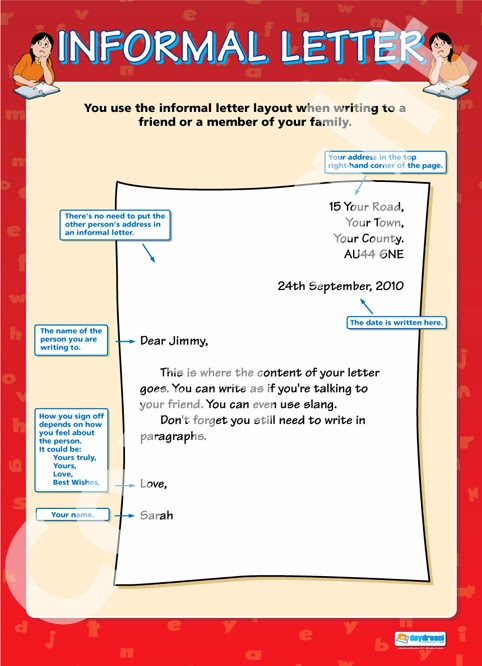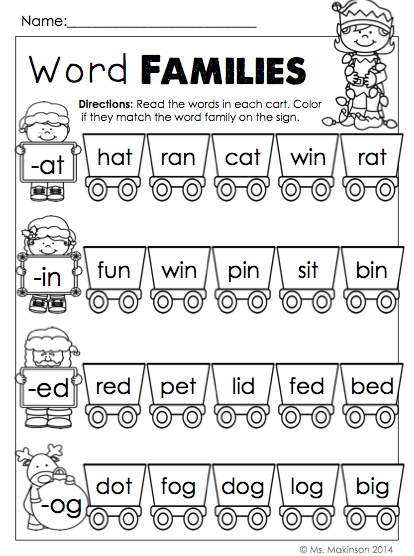3 syllable compound words
Words That Are Compound Words, Double Consonant, Double Vowels And 3 Syllables
- Compound Words/
- Double Consonants/
- Double Vowels/
- 3 Syllables
Three syllable words. List of 136 words that are compound words, double consonant, double vowels and 3 syllables. Add length, consonants, vowels, syllables, origin, spelling and more. View word search examples.
Learn how to use the easiest words finder here. Word lists are in the order of the most common words and most searched.
Page 1: Hollywood, bookkeeping, aloofness, foolishness, woodcutter, bulletproof, bootlegging, bittersweet, schoolfellow, committee, wheelbarrow, boorishness, bookkeeper, beerbelly, cheerfully, bloodletting, applewood, crossbreeding, snaggletooth, arrowroot, sleeveless, woodenness, weedkiller, balloonist, breezeless, bloodberry, bookseller, innkeeper, looseness, schoolmistress, allottee, needfulness, greenishness, sleeplessness, Greenville, clammyweed, gleefulness, peevishness, crookedness, genteelness, moonlessness, bootlessness, bloodlessness, cheerfulness, whippoorwill, coffeehouse, cottonwood, unsmoothness, feebleness, and hookedness
| Syllables | ||||||
|---|---|---|---|---|---|---|
| Hollywood | 9 | 6 | 3 | 3 | ||
| Bookkeeping | 11 | 6 | 5 | 3 | ||
| Aloofness | 9 | 5 | 4 | 3 | ||
| Foolishness | 11 | 7 | 4 | 3 | ||
| Woodcutter | 10 | 6 | 4 | 3 | ||
| Bulletproof | 11 | 7 | 4 | 3 | ||
| Bootlegging | 11 | 7 | 4 | 3 | ||
| Bittersweet | 11 | 7 | 4 | 3 | ||
| Schoolfellow | 12 | 8 | 4 | 3 | ||
| Committee | 9 | 5 | 4 | 3 | Anglo Norman | |
| Wheelbarrow | 11 | 7 | 4 | 3 | Middle English | |
| Boorishness | 11 | 7 | 4 | 3 | ||
| Bookkeeper | 10 | 5 | 5 | 3 | ||
| Beerbelly | 9 | 6 | 3 | 3 | ||
| Cheerfully | 10 | 7 | 3 | 3 | ||
| Bloodletting | 12 | 8 | 4 | 3 | ||
| Applewood | 9 | 5 | 4 | 3 | ||
| Crossbreeding | 13 | 9 | 4 | 3 | ||
| Snaggletooth | 12 | 8 | 4 | 3 | ||
| Arrowroot | 9 | 5 | 4 | 3 | ||
| Sleeveless | 10 | 6 | 4 | 2 | ||
| Woodenness | 10 | 6 | 4 | 3 | ||
| Weedkiller | 10 | 6 | 4 | 3 | ||
| Balloonist | 10 | 6 | 4 | 3 | ||
| Breezeless | 10 | 6 | 4 | 2 | ||
| Bloodberry | 10 | 7 | 3 | 3 | ||
| Bookseller | 10 | 6 | 4 | 3 | ||
| Innkeeper | 9 | 5 | 4 | 3 | ||
| Looseness | 9 | 5 | 4 | 3 | ||
| Schoolmistress | 14 | 10 | 4 | 3 | ||
| Allottee | 8 | 4 | 4 | 3 | ||
| Needfulness | 11 | 7 | 4 | 3 | ||
| Greenishness | 12 | 8 | 4 | 3 | ||
| Sleeplessness | 13 | 9 | 4 | 3 | ||
| Greenville | 10 | 6 | 4 | 3 | ||
| Clammyweed | 10 | 7 | 3 | 3 | ||
| Gleefulness | 11 | 7 | 4 | 3 | ||
| Peevishness | 11 | 7 | 4 | 3 | ||
| Crookedness | 11 | 7 | 4 | 3 | ||
| Genteelness | 11 | 7 | 4 | 3 | ||
| Moonlessness | 12 | 8 | 4 | 3 | ||
| Bootlessness | 12 | 8 | 4 | 3 | ||
| Bloodlessness | 13 | 9 | 4 | 3 | ||
| Cheerfulness | 12 | 8 | 4 | 3 | ||
| Whippoorwill | 12 | 8 | 4 | 3 | ||
| Coffeehouse | 11 | 5 | 6 | 3 | ||
| Cottonwood | 10 | 6 | 4 | 3 | ||
| Unsmoothness | 12 | 8 | 4 | 3 | ||
| Feebleness | 10 | 6 | 4 | 3 | ||
| Hookedness | 10 | 6 | 4 | 3 |
List of compound words are words that are found inside of other words. As an example, the word friendship (not counting the word itself) has 4 words which are friend, ship, friends, and hip.
A comprehensive and complete trisyllable words list.
loading...
Completed
AZ word finder features completed- Word Unscambler has been renamed and will be altered to a complete Anagram Solver
- Syllable counter is now available for text and documents.
- In The Middle / In The Center word finding. Searching "two syllable words with qu in the middle", "ab in the center",etc. will bring you to a list of words spelled with _a-z_. For "exactly center" use a search like "6 letters with qu in the middle"
- Word unscrambling. For fastest speed possible, you will now land on the top viewed set of characters for that set of letters.
- New search abilities "words with all vowels" or "words with no vowels", "ends in a vowel", or "start with a vowel".
- report this adPuzzle solving using underscores or dashes such as "solve _ _ e _ _ _ _ _ _, singular nouns 4 vowels and 3 syllables"
- Find words or names by their second, third and fourth letter up to the eighth letter with eazy search like "words with the second letter b".

- Puzzle solver & missing letters. Wordbrain Themes, Words With Friends, Scrabble, 4Pics1Word, Word Cookies cheats, answers, and more. Example answers search: "solve the puzzle b_r", complete this 6 letter word from o-e-h, "spelled like out", "words containing out". Use an underscore or dash where the puzzle is missing a letter.
- Length queries including 6 letter words now include quick navigation for speech type and starts/ends letters such as 6 letter words with the second letter c.
- Rhymes and sounds like tool for any word, spelling, or text entered. Different results appear for sounds and rhymes.
- Palindromes word Lists now available by searching palindrome words.
- Unscrambler & Decoder - decode phrases such as "dining table" for "egbindinatl".
- Negative search filters words that do not have the letter e
- Quick word find. Single word searches bring you to the word page.
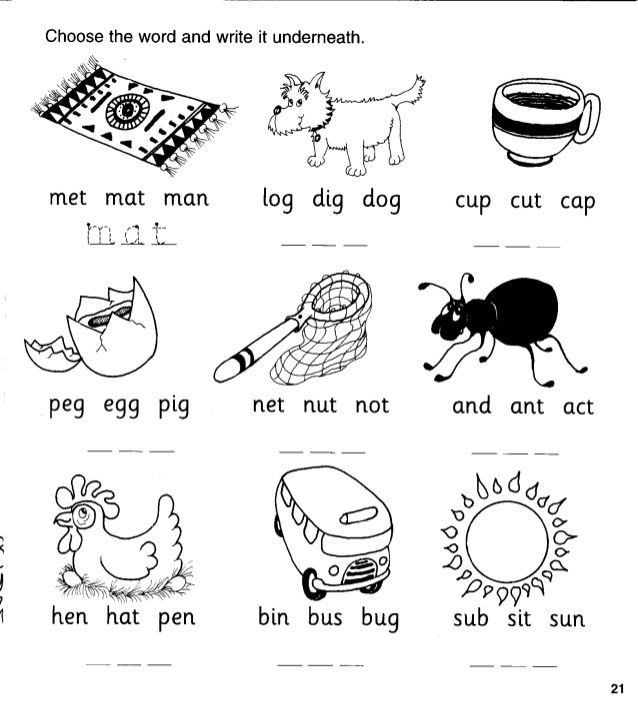 Solving word puzzles using an underscore or dash ( Example: _a_t_i_a ). All words/letters without a dedicated page will be unscrambled.
Solving word puzzles using an underscore or dash ( Example: _a_t_i_a ). All words/letters without a dedicated page will be unscrambled. - Find scrabble words by points! Add "scrabble" in your query, such as Scrabble words with 14 points.
- Favorite words to your account
View All English Words
Any Word finder ideas you want? Send a word find feature request to let me know.
Are you interested in learning Japanese while improving your English with You Go Words!? You can learn Japanese online and free with Misa of Japanese Ammo including grammer and vocabulary.
In Progress
Finder features I'm working on.- Phonograms searching coming soon due to many users searching such as "words ending with a multiple phonogram"
- Root word search. Show with prefix and suffix options, only if it has a root word.
- Alternative spelling of words from American English to British English. Mouse over example: Color
- Printable & downloadable word lists.

- Frequency of a words appearance in books, and other texts.
- Allow word find such as "words which contain the consonants N, T, and R". This would provide a list of words with letters in a specific order, such as the consonants in the order of ntr.
- Plural and singular words with information and example sentences.
- Word games by school grade from Kindergarten to grade 12.
- Provide words that can be used twice or more in one sentence with example sentences.
- Paraphrasing, pronunciation, and free grammar tools.
- Seperate words by area of focus. ( Technology, Education, Science, Psychology, etc. )
Did You Find Your Words?
If you could not find the words you were looking for, please submit feedback or leave a comment below. Let me know what word list you could not find, and I'll be sure to get it fixed up for you.
Compound Words | Sight Words: Teach Your Child to Read
- Overview
- Compound Word Activities
- Questions and Answers
Combine two one-syllable words to make a new word: a compound word.
More
Blend a one-syllable word and a two-syllable word into a longer compound word.
More
Hear a two-syllable compound word and identify the first syllable, using picture cards as visual clues.
More
Hear a two-syllable compound word and identify the first syllable, but with no picture clues.
More
Hear a two-syllable compound word and identify the second syllable, using picture cards as visual clues.
More
Hear a two-syllable compound word and identify the second syllable, but with no picture clues.
More
Hear a two-syllable compound word and identify either the first or second syllable, using picture cards as visual clues.
More
Hear a two-syllable compound word and identify either the first or second syllable, but with no picture clues.
More
Your child now understands that spoken language can be broken down into sentences and words. The next step is learning how to divide words into syllables, and then the child will be ready to divide words into individual sounds, or phonemes.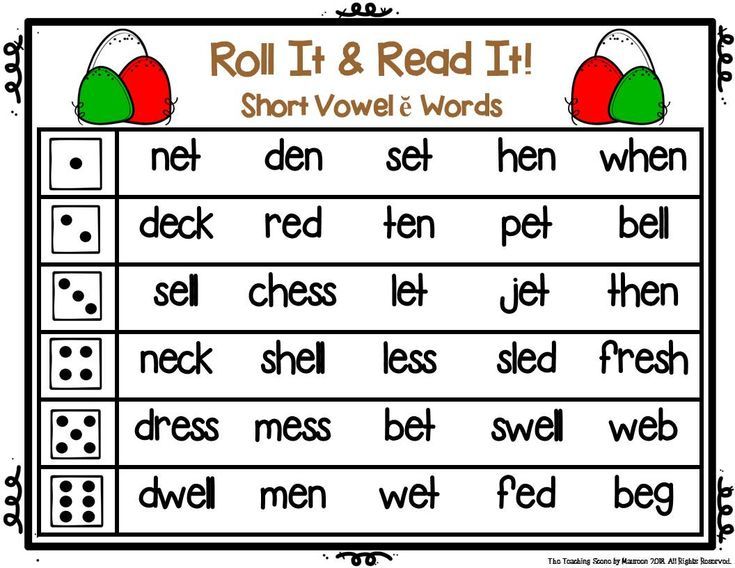
But syllables are a difficult concept for young children. An individual syllable, like the cy part of fancy, might have no meaning on its own, so your child has never noticed it before. For that reason, we ease into the concept of syllables with a series of games using compound words.
Compound words are multi-syllable words that are made up of smaller words, such as rainbow, skateboard, and birdhouse. Because each syllable of a two-syllable compound word is a word on its own, children are better able to notice them and to understand what you mean when you talk about dividing a word into parts (syllables).
↑ Top
- D1: Making Compound Words – Combine two one-syllable words to make a new word: a compound word.
- D2: Making A Longer Word – Blend a one-syllable word and a two-syllable word into a longer compound word.
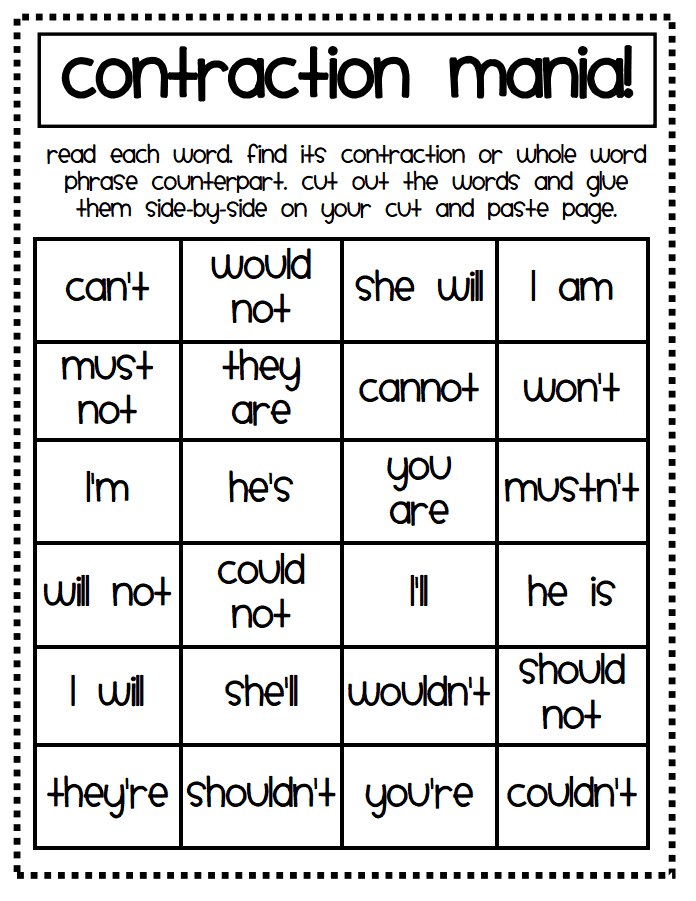
- D3: Compound Words, Part 1 – Hear a two-syllable compound word and identify the first syllable, using picture cards as visual clues.
- D4: Compound Words, Part 2 – Hear a two-syllable compound word and identify the first syllable, but with no picture clues.
- D5: Compound Words, Part 3 – Hear a two-syllable compound word and identify the second syllable, using picture cards as visual clues.
- D6: Compound Words, Part 4 – Hear a two-syllable compound word and identify the second syllable, but with no picture clues.
- D7: Compound Words, Part 5 – Hear a two-syllable compound word and identify either the first or second syllable, using picture cards as visual clues.
- D8: Compound Words, Part 6 – Hear a two-syllable compound word and identify either the first or second syllable, but with no picture clues.
↑ Top
Leave a Reply
3rd grade.
 Russian language. Compound words and their spelling. Connecting vowels O, E in compound words - Compound words and their spelling
Russian language. Compound words and their spelling. Connecting vowels O, E in compound words - Compound words and their spelling Teacher's comments
§1. Compound words
In this lesson we will get acquainted with compound words and learn how to correctly write connecting vowels in such words.
Guess the riddles:
A swift stream runs from the mountain,
Water falls quickly.
You will see this beauty -
You will never forget. ( Waterfall )
He is in the boundless ocean
The cloud touches the wing.
Will turn around - over the meadows
Shines with silver. ( Plane )
Pay attention to the structure of the words waterfall and plane .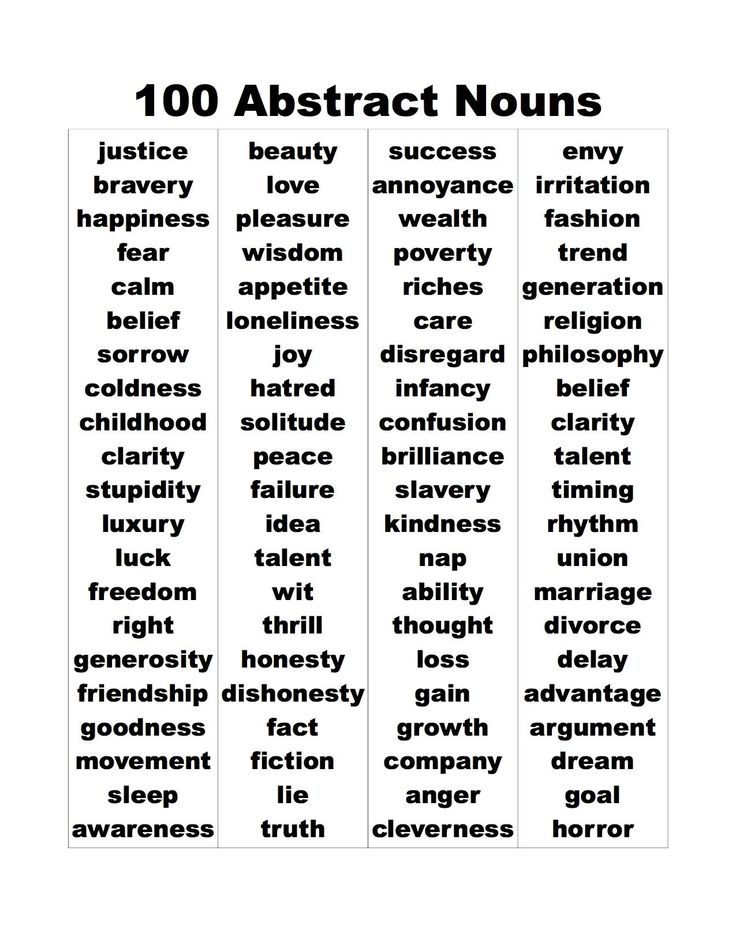 Each of them contained two words.
Each of them contained two words.
Water O PAD - Water A PAD Ayet
Sami about - 9000
Note that the words consist of two roots.
There are many such words in Russian:
Words that have two roots are called compound words.
§2. Connecting vowels in compound words
Let's see which vowel letters connect two roots in compound words.
Water O LAZ- Lazit in water
itself O VAR- itself cooks
Once upon In the words diver and samovar, the first root ends in with a hard consonant [d] and [m] , and the roots are connected by the vowel O .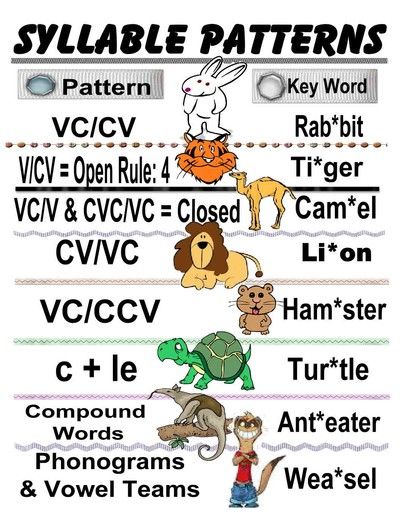
In the words all-terrain vehicle and rockfall, the first root ends with a soft consonant [d] and [n] , and the roots are connected by the vowel E .
Letters that connect two roots in compound words are called connecting .
Connecting vowels are unstressed, therefore they are an orthogram.
Letter E also is written and after unpaired solid consonants: W, W, C ,
for example: pti c e catch, le w e sides, we w catcher w fish
Let's consider, how to act in order not to make mistakes in the spelling of the connecting letter in compound words .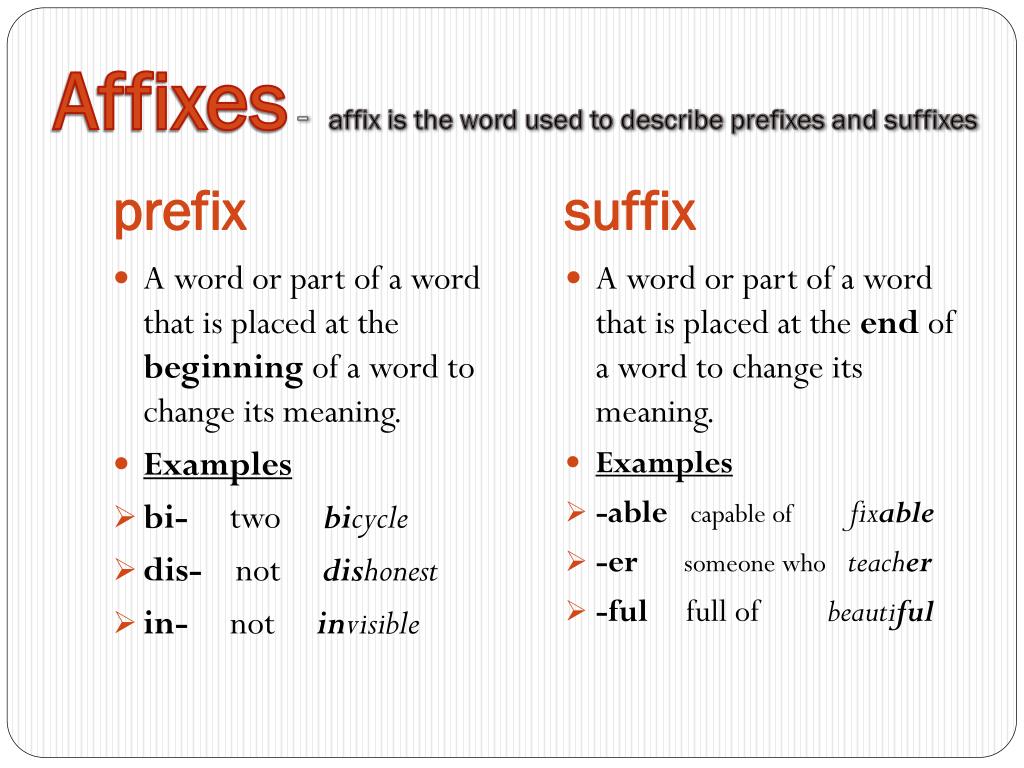
1. I read (pronounce) the word.
2. I am convinced that it is complex: I find roots and verbally select words with the same root for each.
3. If the word is complex, I look at what consonant the first root ends with. If on a hard one, then you need to write a connecting vowel about , if on a soft one - a connecting vowel e .
4. I am writing a word.
5. I check the spelling: I highlight the roots, I mark the spelling-letter.
§3. Let's practice!
Using the instructions, determine which letter should be written at the gap in the following words.
Lun ... move - related words: walks, moon. This is a difficult word.
Roots - moons and move , connecting vowel - O , because the first root ends in a hard consonant [n]
Ancient … Russian - related words: ancient, Rus. This is a difficult word.
This is a difficult word.
Roots - ancient and Russian , connecting vowel - E , because the first root ends in a soft consonant [n,]
Snow ... pad - related words: snow, falls. Complicated word.
Roots - snow and pad , connecting vowel - O , because the first root ends in a hard consonant [g]
Birds … farm - farm, poultry. Complicated word.
Roots - birds and farms , connecting vowel - E , because the first root ends in an unpaired consonant [c]
We form compound words.
What do you call a person who grows vegetables? Vegetable e water
What do you call a person who fishes? Fish o catch
Meat mincer? Meat o felling
Rapidly falling water? Vod o pad
§4.
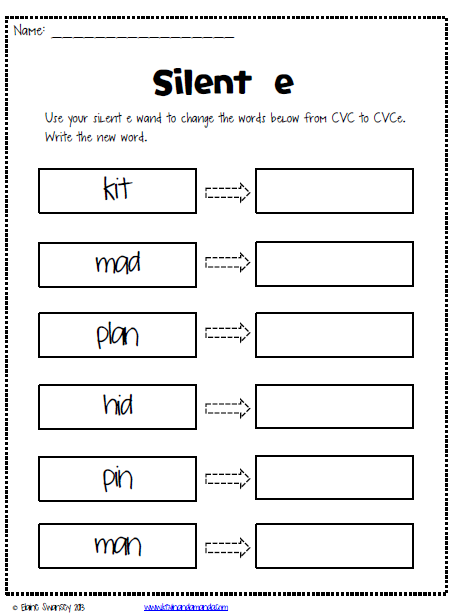 Brief summary of the lesson
Brief summary of the lesson Let's summarize the lesson.
Words that have two roots are called compound words. In compound words, the connecting vowel O is written if the first root ends in a hard consonant, or the connecting vowel E, if the first root ends in a soft consonant and in the consonants Zh, Sh, Ts.
SOURCES
w1F-ghC9pKs
Compound words. 3rd grade
Purpose: to generalize and consolidate knowledge students about difficult words, develop the ability form new compound words with two simple words, write complex words correctly, disassemble them by composition; develop respect and good attitude to nature, to the animal world, to environment.
Equipment:
- map "Plant and fauna planets";
- pictures depicting fairy tale characters: Dunno, Pinocchio, Athanasius;
- envelopes with letters from fairy tale characters;
- a set of letters on a magnet from the alphabet;
- application "Leaf fall";
- bird pictures;
- models of edible and non-edible mushrooms;
- dolls: bear, witch;
- elements for building a fabulous house;
- audio recording "Birds in the Forest";
- photocopy of the redstart bird.

PROGRESS OF THE LESSON
Stage 1: "Message of the topic and purpose of the lesson"
- Guys, today we have a general lesson on the topic "Difficult words". We will test our knowledge in class. and learn a lot of new things.
Today we will not only be students, but also builders. Our task is to build a house in which difficult words will live. It will be one of the stages in the construction of a beautiful city of knowledge.
The house must be strong, durable, beautiful, and for we will try to answer correctly questions, be active, attentive.
- And what other positive character traits do we can we show it in class?
(Working with Card No. 1 . Guys choose the right words from the group of words and call them them)
- Hardworking
- Selfish
- Weak-willed
- Compassionate
- Freedom-loving
- Merciful
- Good-natured
- Noble
- Generous
- Life-loving
- Cheerful
- Benevolent
- Indifferent
- Guys, how can you call all these words?
Teacher.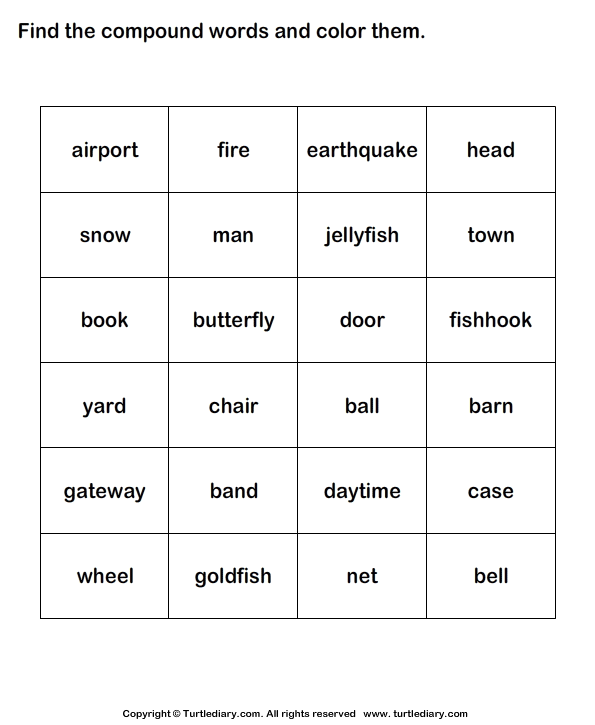 Compound words.
Compound words.
– Guys all these positive traits you must show not only in the classroom, but also in life try to be the same.
- Guys, please tell me what kind of material used in construction?
Teacher. You can build from wood, brick, clay, straw, etc.
– Well done, right!!!
– But this material is for our construction won't fit. Let's think about what can serve as building blocks for our at home in the Russian language lesson.
Teacher. We will build a house from complex words, since the topic of our lesson is "Complex words".
- Guys, do you know where it starts home construction?
Teacher. Foundation laying.
- Yes, this is the most basic stage of work, since from laying the foundation depends on how long it will last house, whether it will give cracks and whether it will be durable. Do the foundation is made of durable material, since is basis of the house .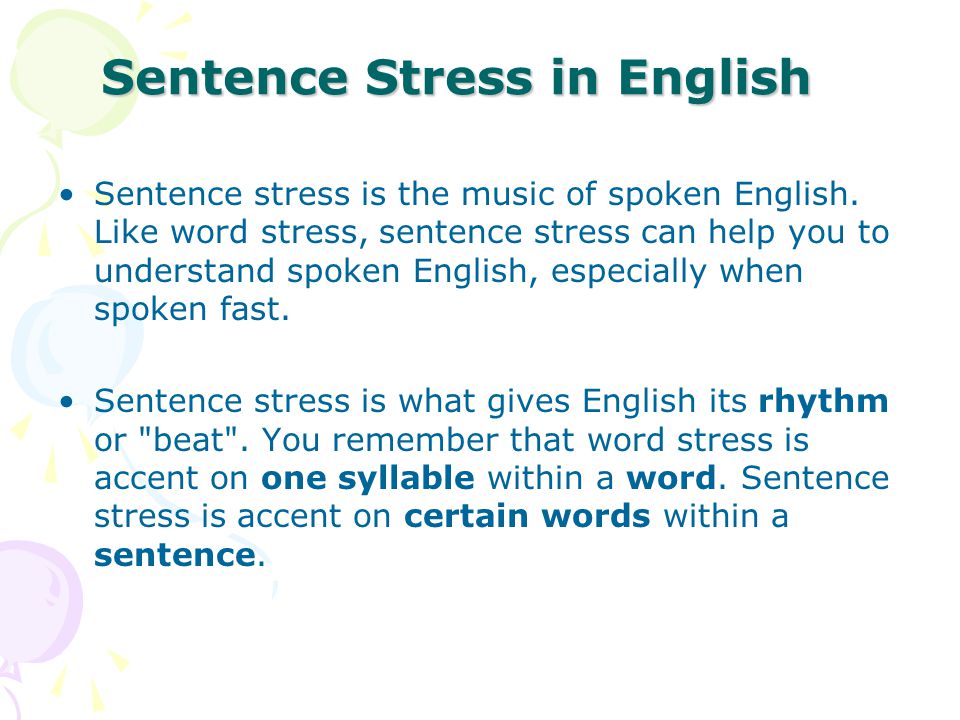
– And what is the basis of sound knowledge?
Teacher. Need to know the rules writing words and the ability to use them in the work.
- What do you think we should build the foundation of our house so that it is strong?
Teacher. Rule is the basis of knowledge! So the basis of our house is the rule!
- To build the foundation of our house let's follow the rule:
- What words are called compound?
Stage 2: “Formulation of a problematic issue and his solution”
– I really want to answer this question fairy tale characters who are present today in our lesson. Did you recognize them? Dunno, Pinocchio, Athanasius.
Dunno is the hero of N. Nosov's works.
Pinocchio - the hero of the works of A. Tolstoy.
Athanasius (brownie) - the hero of our textbook Russian language.
- Let's read the letters of fairy tale characters and Let's decide which of them gave the correct answer.
(On the board are pictures of three heroes who hold in their hands envelopes with answers to question “What words are called compound words? )
Envelope contents.
Dunno “All incomprehensible words are called complicated."
Pinocchio “All long words are complex words".
Athanasius “Words with two roots, compound words are called. (Three student, take envelopes, open them, read answers, do their job, give the right one answer).
Teacher. I disagree with Dunno that incomprehensible words are complex words, because Compound words are words that consist of two roots.
– Do you guys agree with the answer? (Communication reverse by students: hand signal)
Teacher. I do not agree with the answer Pinocchio that long words are complex words, because compound words are called words that are made up of two roots.
- Guys, do you agree with the answer? (Reverse communication with students)
Teacher. I agree with the answer Athanasius, because Compound words are words which have two roots.
- Do you guys agree with the answer?
(Student feedback)
- Guys, what do you think, why is it correct Only Athanasius could give an answer?
Teacher. I think it's right Only Athanasius could answer, because he studies with us in the 3rd grade and has already met topic "Complex words".
Output: answers the student who prepared homework.
To know the rules
We must not be lazy,
And work hard.
Don't be lazy,
And to be hardworking ... (say a word, OK)
(Oral analysis of the word industrious , value - first mark for the answer !)
- Laying the foundation on the board!
- Guys, let's repeat in chorus one more time rule of thumb for compound words.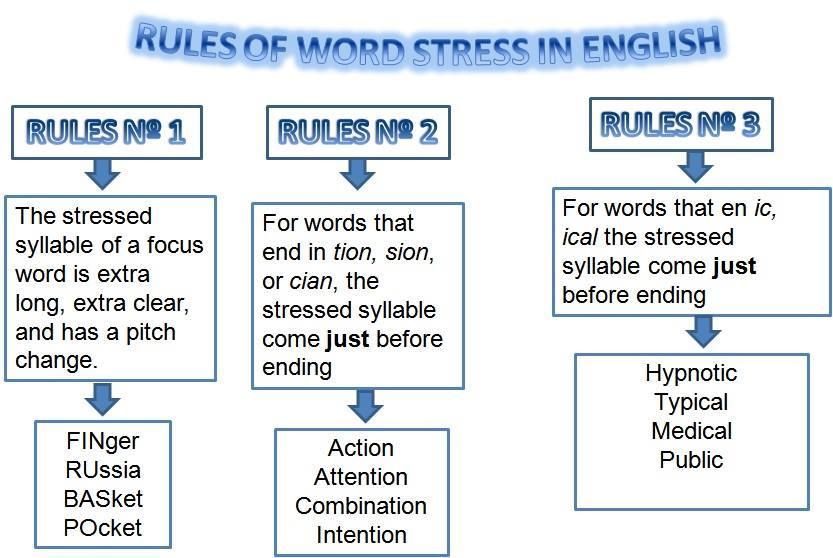
Teacher. Compound words are called words that consist of 2 roots.
- Guys, is it always enough condition for the formation of compound words two roots?
Teacher. I believe that for education complex words are not always enough to take roots of two words.
- Let's prove the correctness with an example this answer. Look, on the board we see the work of our students, completed in the classroom labor. Please tell me which season phenomenon we observe on these applications?
Teacher. Applications show seasonal phenomenon - leaf fall.
(On the dock next to the applications are the letters scattered)
Let's analyze the word - LEAF FALL
Teacher. Applications show leaves that fall.
1. We take two to form a compound word words - leaves fall
2. From the first word we take the root - sheet
3.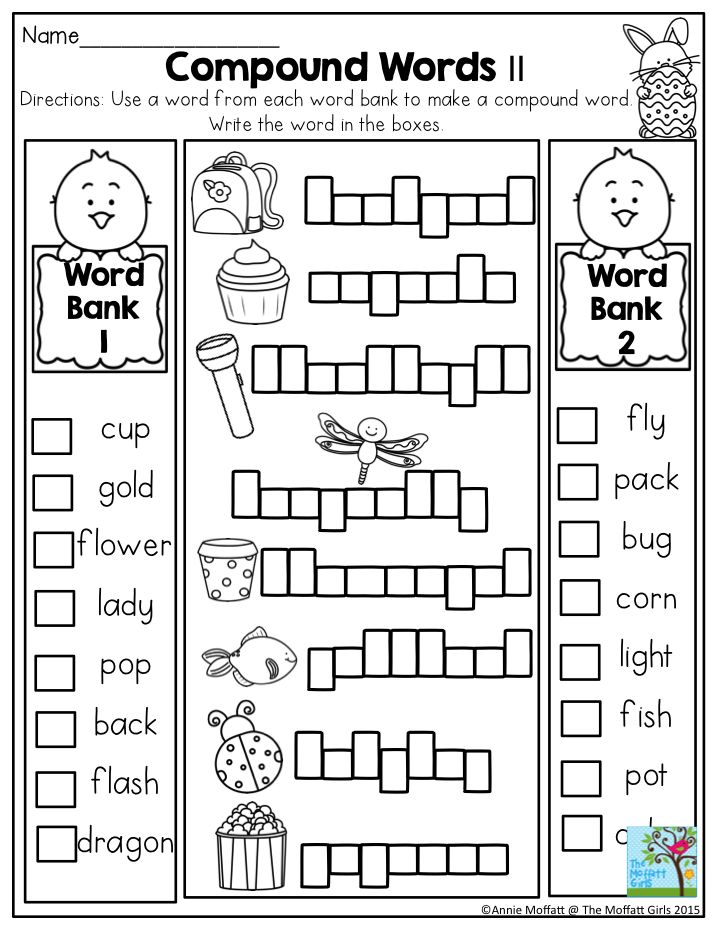 From the second word we take the root - pad
From the second word we take the root - pad
4. Connect leaf + pad = leaf fall
5. To get the correct compound word, you need to connect the two roots of the vowel letter "O" - leaf fall
Conclusion: So, for education a compound word needs two roots and connecting vowel. (Mark for answer)
Building a house: falling leaves - 1 word
Notebook entry:
Falling leaves - sound-letter analysis orally.
- Guys, what other connecting vowels can be in a compound word?
Teacher. Connecting vowel e . For example: rockfall .
Notebook entry: rockfall - sound-letter analysis orally.
Building a house: rockfall
- When we write the connecting vowels "O", "E"?
Teacher. Connecting vowel "O" written after hard consonants. For example: starfall , moon rover.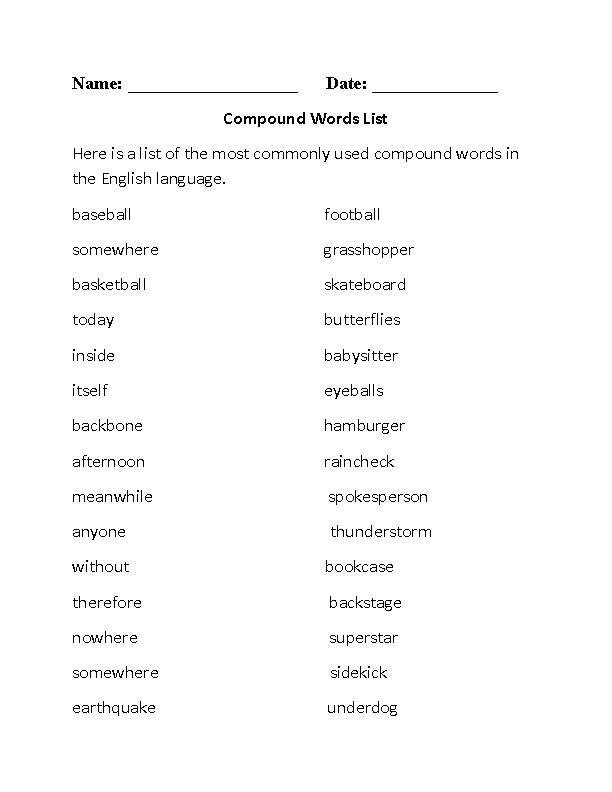
Building a house: starfall
The connecting vowel "E" is written after soft consonants. For example: sailor .
Building a house: sailor
– Who else can complete the answer?
Building a house: pedestrian , couch potatoes .
Teacher. After "Ж" and "Ш" is written "e". For example: pedestrian , couch potato .
Physical Minute "Sitting at a Desk"
1. Sit upright
1-2 take your head back, forward, left, right - twice
2. Hands on the belt, turns left, right - three each times
3. Hands behind the head, turns - three times.
Stage 3: Vocabulary
- Well done guys, we repeated the rule with you writing complex words, now let's turn to our main assistant GLOSSARY in the textbook and see what words it is for us cooked today.
Work on options
Find the word according to the scheme and write down:
1 option: Option 2:
4 6 10 2 4 7
Word by letter "P" "C"
(The number indicates the letter - spelling)
- Guys, what words should you have found in dictionary?
Teacher. We had to find and write difficult words.
We had to find and write difficult words.
- Why are these words difficult?
Teacher. The diagrams showed us that the words consist of two roots.
– What a difficult word did the guys write 1 option?
Teacher. Guide
– Why did you choose this word?
Teacher. Two roots connected vowel "E" \u003d according to the scheme
Building a house: guide
- Explain the meaning of this word? What's happened guide?
Teacher. Guide - reference a book that contains information about a city or museums. For example: Guide to Moscow.
- What are the spellings 4, 6, 10
Teacher. The stress falls on the vowel "and" in the 4th syllable.
№4 - connecting vowel "e" (after soft consonant)
No. 6 - unstressed vowel "o" in the second root, test word (drives)
No. 10 - unstressed vowel "e" in the fifth syllable, not check shock
- We read the whole class spelling, orthoepically.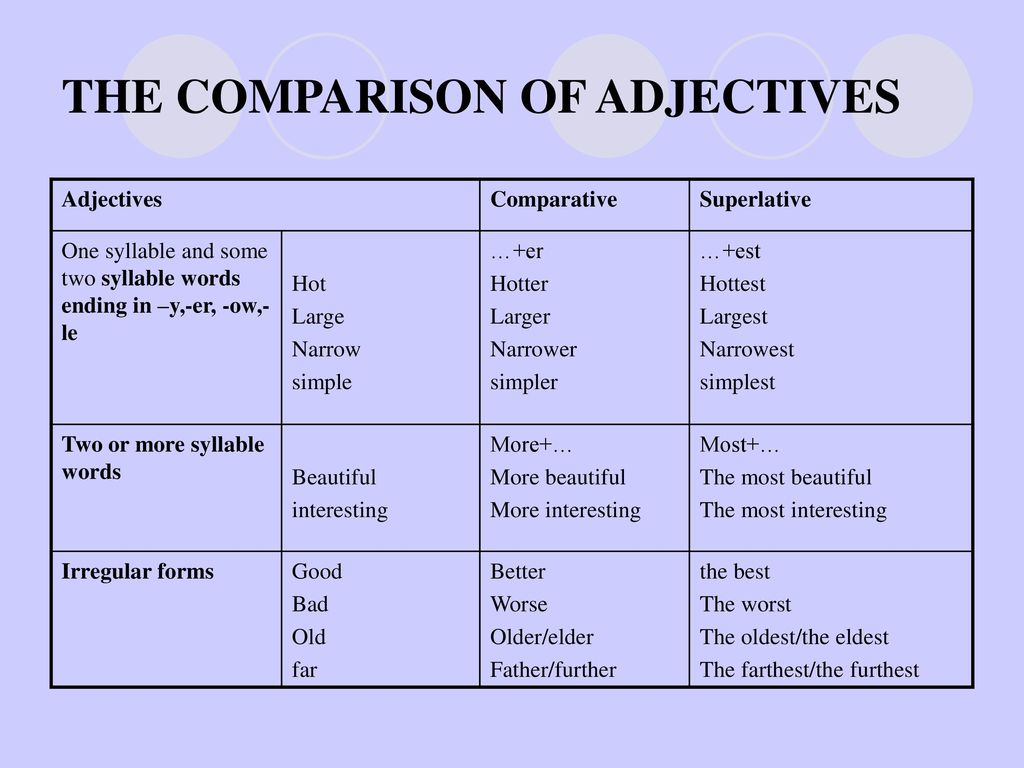
- What word did the guys write down in the 2nd option?
Teacher. Gardener
– Why did you write down this word?
Teacher. Two roots connected by "o", matches the diagram.
Building a house: gardener
– Can you explain the meaning of this word?
Teacher. Gardener - specialist in gardening. For example: Famous gardener.
- What are the spellings 2, 4, 7. (One mark in the journal for the answer)
Teacher. The stress falls on the vowel "o" in the 3rd syllable
№2 - unstressed vowel, checked by stress (garden)
No. 4 - connecting vowel "o", after a hard consonant.
No. 7 - double consonant at the end of the word, test word (gardeners)
- We read the whole class spelling, orthoepic
- Guys write down two words in a notebook, highlight spelling.
(Writing at the blackboard by two students with analysis words. Two marks in the journal for the answer)
Two marks in the journal for the answer)
Physical Minute
We will all stand together now
We will rest at a halt
Turn right, turn left!
Hands up, hands to the side
And on the spot jump and jump!
And now we're running hopping
Well done, you guys!
Stage 4: "Exercise in education and the use of complex words "
- Guys, at the lessons of natural history we are with you said that biologists share everything living in large groups.
– Who remembers what they are called?
Teacher. These groups are called − kingdoms.
– Fabulous word!
- What kingdoms do you know?
Teacher. Plant kingdom, animal kingdom, mushrooms.
– Look at the contents of this basket and tell about the living organisms of which kingdom we are shall we talk?
Teacher.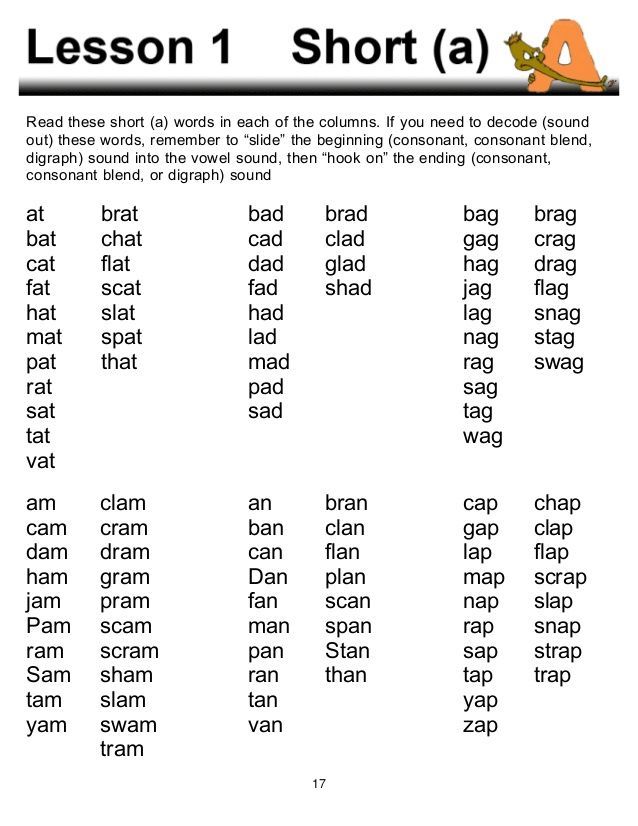 Mushroom Kingdom
Mushroom Kingdom
- Name mushrooms that can be eaten raw.
Teacher. Russula
(Student makes a report about Russula, prepared at home)
Some russulas are really fashionable to eat raw. But in the forest a variety of russula, with pink, yellow, gray hats and find among they are those that can be eaten raw, very difficult. And therefore it is better not to try raw russula, so that there is no trouble.
(mark for answer)
- Name a fungus that can fight flies.
Teacher. Fly agaric
(Student makes a report about fly agaric, prepared at home)
Fly agaric is an inedible mushroom. But we must treat nature properly and remember that there is nothing superfluous in nature. And if we have this the mushroom is not needed, then you don’t need to knock it down with your feet, stomp, because it is useful for animals for treatment.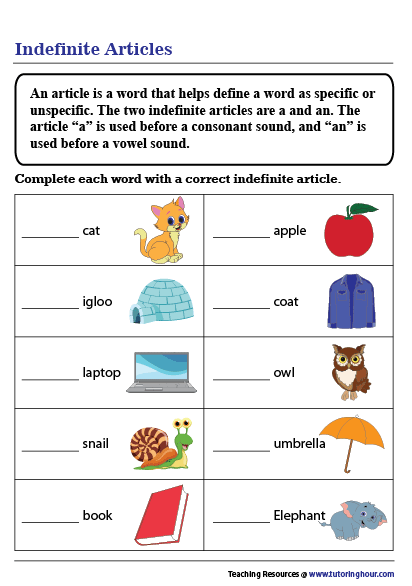 Let's take care of nature.
Let's take care of nature.
(Mark for the answer)
- Let's finish the excursion to the kingdom of mushrooms and back to the Russian language lesson. What we can say about the word - russula .
Teacher. Compound word, consists of them two roots connected "o",
1 root - cheese - (raw)
2 root - hedgehog -/- units - (alternation w , d , food )
(Mark for answer)
Building a house: russula
- Which group does russula belong to?
Teacher. Edible mushrooms
– Which group of mushrooms does fly agaric belong to?
Teacher. Inedible mushrooms.
- What shall we say about the word - fly agaric ? How is it formed?
Teacher. Compound word, consists of two roots connected "o",
1 root - flies - (fly)
2 root - mor - (starve)
(Mark for the answer)
Building a house: fly agaric
Work in a notebook:
Think up and write down word combinations with data words, highlight the spelling, name the rule.
- Edible Russula
- Poison fly agaric
(Two marks for the answer at the blackboard)
- Guys, let's look at card number 1 and choose words that show how we should treats nature as we should be in relation to her.
Teacher.
Merciful
Good-natured
Benevolent
Generous
Compassionate
– And what should we not be?
Teacher.
- Guys, let's respect and love nature? This our home is our world. And we live in it.
(Orally compose sentences about nature, about relation to nature, choose and write down one offer with comments)
- Guys, treat nature kindly!
(Complex word analysis. Mark for the answer)
Work in a notebook:
- And now the same work, learn the word by description, we will conduct in pairs.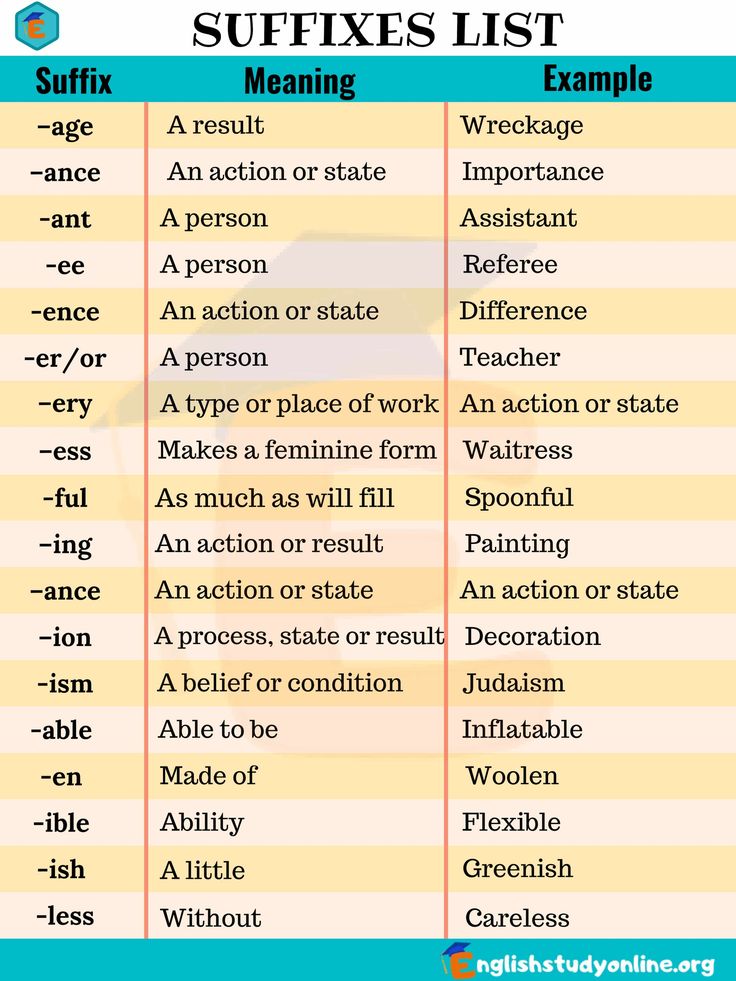 Take the cards we start to work.
Take the cards we start to work.
Card No. 2
1st Option:
1. An apparatus that itself flies through the air (aircraft)
2. Apparatus that sucks dust (vacuum cleaner)
3. Ship that breaks ice (icebreaker)
2nd Option:
1. Apparatus that turns meat into minced meat (meat grinder)
2. Apparatus that can go everywhere (ATV)
3. A stream of water that falls from a great height (waterfall)
Job:
- One student discusses - the second student writes
- Second student dictates - one student writes down
- We select the root, the connecting vowel
- Change exercise books
- Verification
- Let's all check together what we have happened? (Two marks in the journal)
1. The student of the first option reads the task, the children answer in chorus, then the student analyzes these words.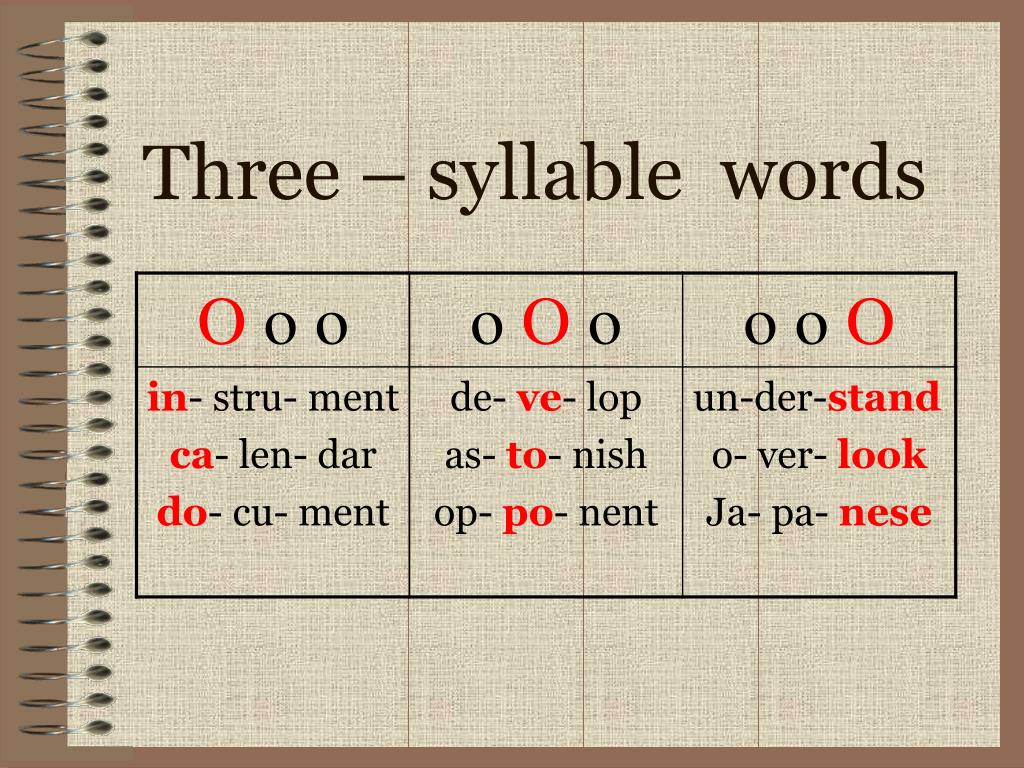
2. The student of the second option reads the task, children they answer in chorus, the student parses these words.
Building a house: all-terrain vehicle
– What do all these words have in common?
Teacher. These are complex words.
– What words are called compound?
Teacher. Rule
Physical Minute
- Seeing through fingers
- Amazing look
- Guys, let's remember, with representatives what kingdom did we meet during our travel on a world map?
Teacher. It was presented animal kingdoms - birds
- What kind of birds did we meet?
Teacher. We met those birds whose names are complex word.
- On the map, we marked the habitats of the data birds.
– Who remembers these birds and where do they live?
(Children say the name of the bird and its place habitat)
BIRDS
| Kitoglav | – Africa |
| Hornbill | – Asia |
| Bicorn kalao | – Asia |
| Monkey Eater | – Asia |
| Honey pump | - Australia |
| Shrub big | - Australia |
| Lyrebird | - Australia |
| Orange-necked cassowary | - Australia |
| gigantic white-legged | - Australia |
| Redhead Manakin | - South America |
| Greenskin ara | - South America |
| Yellow-browed Amazon | - South America |
| Bald eagle | - North America |
| Yellow-billed albatross | - Sea coast |
| Redtail Phaeton | - Sea coast |
| Golden-crested penguin | - Sea coast |
- Today at the lesson Athanasius offers continue talking about birds.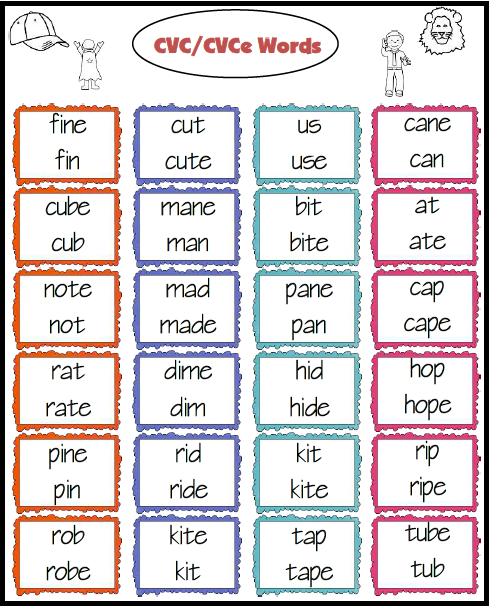 (Three marks for lesson. Pupils talk about birds and pictures with their image is attached to the board: wagtail, flycatcher, kingfisher)
(Three marks for lesson. Pupils talk about birds and pictures with their image is attached to the board: wagtail, flycatcher, kingfisher)
- Guys, why do you guys think prepared a story about these birds?
Teacher. The names of these birds are difficult word.
Building a house: Wagtail , Flycatcher .
Work in a notebook:
- Guys, let's write the name of the birds in notebook: Birds: wagtail, flycatcher, kingfisher.
- Analysis of words by composition.
- Guys, Athanasius wants to introduce you to another one bird. Open your textbooks on page 17, exercise 122.
- Reading the text.
- What is the name of the bird?
– Why was she called that? Prove it! (Custom reading)
- Look guys, what this bird looks like.
(Athanasius holds a drawing of redstart in his hands. Two marks for quick, correct work and rule)
Card No.